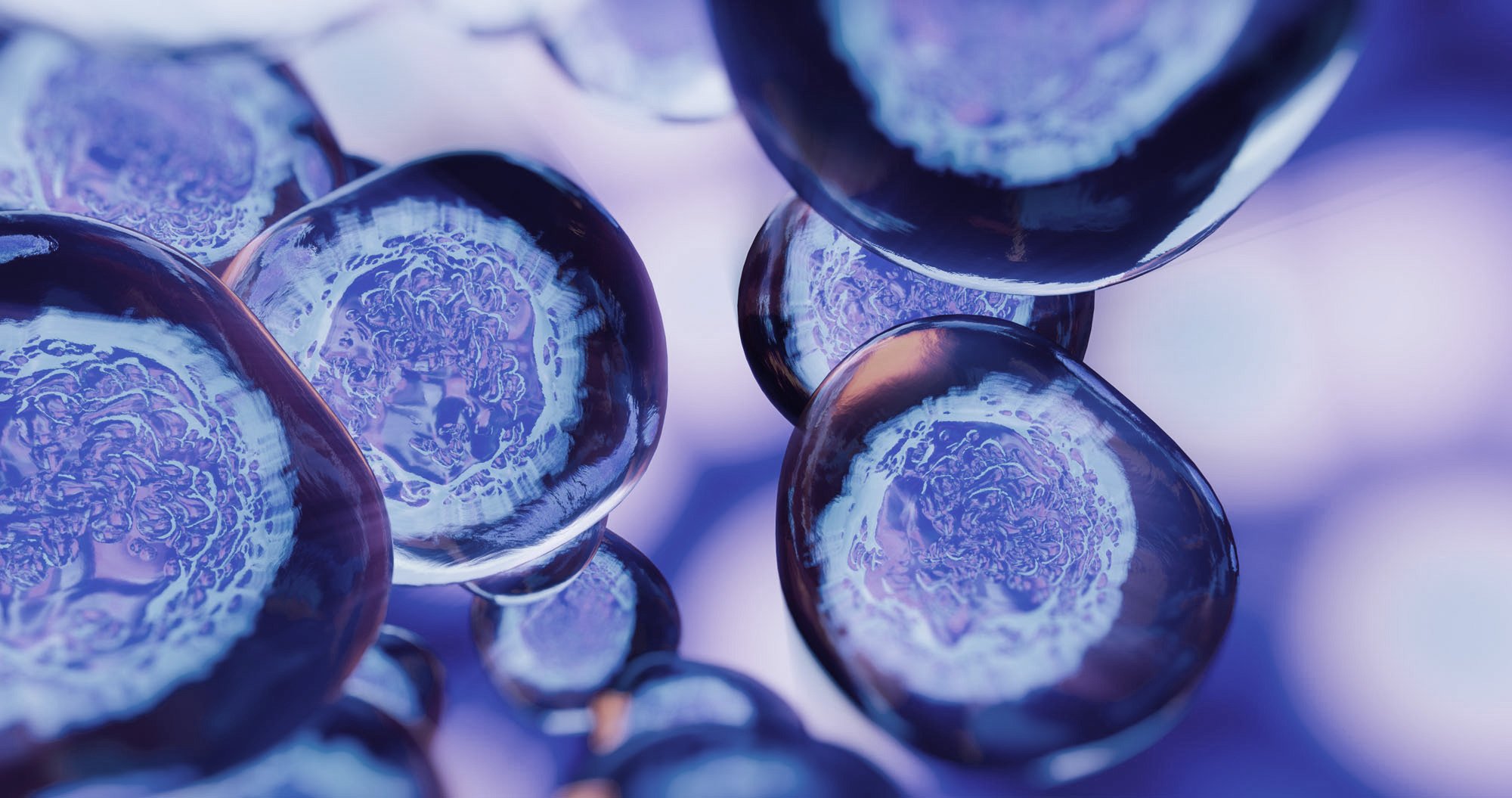Mast Cell Activation (MCAS)
Mast Cell Activation
You may have heard about mast cell activation from a doctor, a friend, or read about it online and are wondering what it is and the impact on your health or the health of someone you know. This article will go over some of the basics of mast cell activation, the difference between healthy and abnormal mast cell activation, as well as some of the ways that patients and doctors are treating it.
Mast Cell Activation Basics
Mast cells are located all over the human body and help protect you against threats to your internal and external organs and systems. When a threat is perceived, your body responds by releasing mast cells in the area of threat. These mast cells kick off an immune response to help protect your body from the perceived threat. An example of a healthy mast cell activation is when you get a red bump after being bit by a mosquito. In this example, the mast cells activate and kick off an inflammatory response in the area of the bite to help the healing response.
Mast cell activation was first described in written form by Paul Ehrlish, a German scientist, in his doctoral thesis in 1878. Since that time, there have been many studies on the role of mast cells in fighting off potential threats and overreacting to perceived threats. Overreaction of mast cells can be diagnosed as Mast Cell Activation Syndrome (MCAS) and shows up as what looks like an allergic response to substances such as alcohol, certain foods, perfumes, infection, and/or stress. Research has shown correlation between mast cell activation and inflammation as well as some autoimmune conditions.
Symptoms
People who experience MCAS present with an array of symptoms such as recurrent abdominal pain, diarrhea, flushing, itching, nasal congestion, coughing, chest tightness, and wheezing. You might also have cardiovascular irregularities such as lightheadedness or dermatological symptoms such as itchy, red skin patches, easy bruising, or a burning feeling. If you have symptoms of MCAS, you may want to speak with your medical provider to discuss symptoms and work out a plan to diagnose and find a treatment plan that works for you.
Treatment
If you are diagnosed with MCAS, your medical provider will help you find the right treatment. Because MCAS can impact multiple systems in your body, treatment will likely be tailored to your needs. A compounding pharmacy can work with your medical provider to determine what medicine and in what dosage will be most effective. The pharmacist will then create a formulation just for you and work with you and your medical provider to monitor efficacy and make adjustments to the formulation.
Compounded Options Available from CCP
Ketotifen Tablets 1 mg, 2 mg, 4 mg
Ketotifen Capsules
Cromolyn Capsules
Naltrexone Tablets 1 mg, 3 mg, 4.5 mg
Naltrexone Capsules
We Compound Antihistamines that are Allergen and Dye Free
Levocetirizine Capsules
Montelukast Capsules
Diphenhydramine Capsules
Fexofenadine Capsules
Loratadine Capsules
Hydroxyzine Capsules
How to Get Started
To get started, talk to your healthcare provider or call the pharmacy and we will reach out to your provider for you. If you would like more information about compounded medications from Community Compounding Pharmacy, please call us at the pharmacy.
If you are a prescriber and are looking for more in-depth information about our formulations, medication solutions, and treatment options, please visit our prescriber’s portal.

